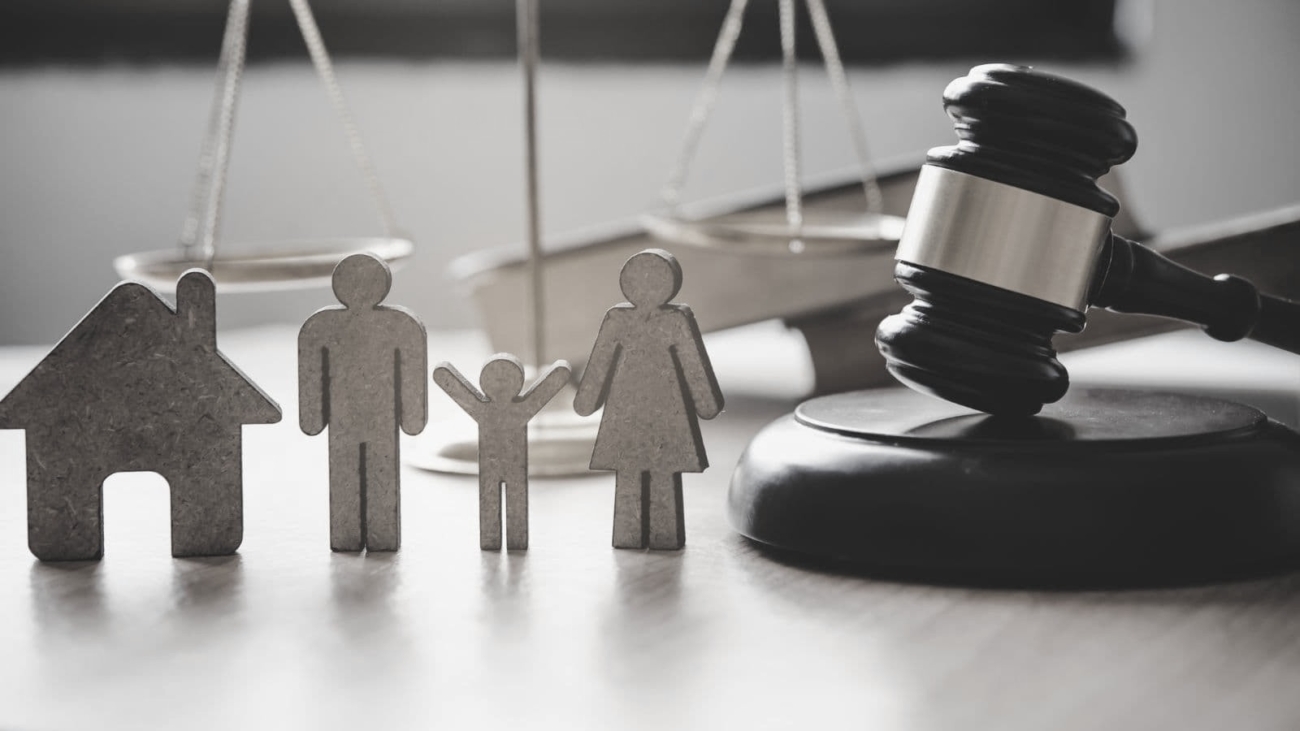Personal status law and its application to the vast and growing expatriate population in the United Arab Emirates (UAE) is often a point of contention when residing in the UAE. The UAE stands as a beacon of multiculturalism, thanks to its diverse population that spans nearly every nation on the globe. A common question among expatriates is, “Can I apply the law of my home country to my personal status issues?” The answer is often affirmative.
In its efforts to accommodate this diversity, the UAE has taken proactive and thoughtful steps to ensure that foreign residents feel recognised and respected, particularly regarding personal status laws. These measures ensure that individuals are governed by laws that align with their culture, background, and personal understanding.
In light of this, significant steps have been taken by the UAE government to include amendments to the UAE Civil Transactions Law No. 5 of 1985 concerning the application of personal status laws, followed by the groundbreaking enactment of the Federal Personal Status Civil Law No. 41 of 2022, setting a precedent within the region. Prior to this, Abu Dhabi led the way with its own Personal Status Civil Law No. 14 of 2021, tailored for the Emirate’s population.
For the average expatriate, navigating legal complexities may seem daunting. However, the introduction of these laws simplified the process by granting non-Muslim residents the ability to determine which legal framework governs their personal status matters. In order to ascertain the application of one law over the other, a non-muslim expatriate must consider their place of residence –
-
- If the individual resides in Abu Dhabi, the applicable law is the Personal Status Civil Law No. 14 of 2021.
- If the individual resides in the other six emirates (which includes Dubai), the Federal Personal Status Civil Law No. 41 of 2022 shall apply.
In addition to the laws mentioned above, Articles 12 and 13 of the UAE Civil Transactions Law No. 5 of 1985 allow the application of the law of the country where the marriage took place to govern matters such as marriage, its financial implications and divorce. In the event that applying the law of the country where the marriage took place becomes unfeasible during a dispute, the applicable law shall be based on the expatriate’s place of residence as above.
The legal framework introduced in the UAE provides expatriates with a clear understanding of the laws they are subject to, enabling them to familiarise themselves with their rights and obligations. By doing so, they can align their actions with the legal framework, fostering harmony between their personal choices and the laws of their country. These reforms highlight the UAE’s commitment to inclusivity and its pioneering role in accommodating multiculturalism through legal innovation.
Contact us to learn more about what services we can provide you. At Al Midfa & Associates, we offer comprehensive services tailored to meet your needs, ensuring that your rights are protected at every step of the way.

